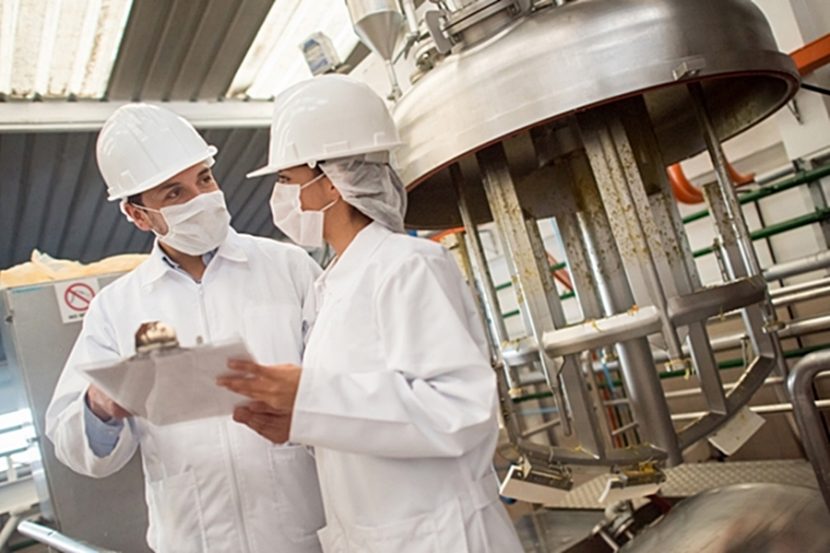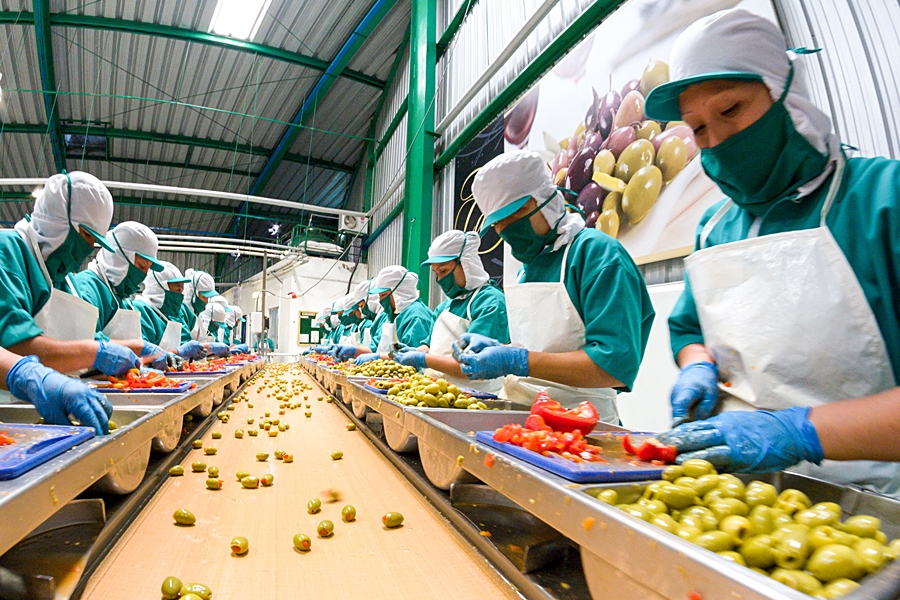Preventive Control Plans and the New Canadian Regulations
By Tammy Switucha
Food safety issues can lead to serious health risks for the public and they are costly for businesses responsible for preparing, exporting and importing safe food.
Preventive Controls
Preventive controls help to prevent food safety hazards and reduce the likelihood of contaminated food entering the market, whether they are prepared within or outside of the country. These controls help businesses to identify and correct issues early in the production process.
“Food safety is good business. By introducing preventive controls into their food safety procedures, businesses can ensure that their customers feel confident to consume their products,” says Lyzette Lamondin, Executive Director of Food Safety and Consumer Protection at the Canadian Food Inspection Agency.
Preventive controls help businesses to identify and correct issues early in the production process.
Under the Safe Food for Canadians Regulations (SFCR), most businesses need preventive food safety controls to:
- manufacture, process, treat, preserve, grade, package or label food to be exported or sent across provincial or territorial borders
- grow or harvest fresh fruits or vegetables to be exported or sent across provincial or territorial borders
- handle fish on a conveyance to be exported or sent across provincial or territorial borders
- slaughter food animals from which meat products are derived to be exported or sent across provincial or territorial borders
- store and handle a meat product in its imported condition for inspection by the Canadian Food Inspection Agency (CFIA)
- import food
Preventive controls refer to a combination of measures that a business would put in place to prevent and control risks to food.
These controls address hazards and risks in such areas as:
- sanitation and pest control
- treatments and processes
- equipment
- maintenance and operation of establishments
- unloading, loading and storing food
- employee competence, hygiene, and health
- complaints and recalls
Preventive Control Plan
A preventive control plan (PCP) is a written document that demonstrates how risks to food and food animals are identified and controlled. The controls are based on internationally recognized Codex Alimentarius General Principles of Food Hygiene CAC/RCP and Hazard Analysis Critical Control Point (HACCP) principles. For importers, a PCP describes how the importer and its foreign suppliers are meeting applicable preventive food safety control requirements.
Under the SFCR, most businesses need to document their food safety controls in a PCP. Exceptions to this requirement are:
- exporters of food (other than meat products or fish) who do not need an export certificate
- businesses with $100,000 or less in gross annual food sales. This exception will not apply to businesses that conduct any activity in respect to food animals, meat products, dairy products, fish, eggs, processed egg products, or processed fruits and vegetables
- businesses that do not require a written preventive control plan still need to have preventive controls in place such as sanitation and pest control
You can find out if your business needs a PCP by using the CFIA’s preventive control plan interactive tool. If you require a PCP, the CFIA has step-by-step guides to help you create one.
About the Author
Tammy Switucha is the Senior Director of Domestic Food Safety with the Canadian Food Inspection Agency. She has worked in the Canadian Federal Government for over 25 years and has been with the CFIA for the past 11 years. She has held various executive positions at the CFIA, and she is currently leading the Agency’s efforts to modernize its regulatory framework for food safety – the Safe Food for Canadians Regulations – which have been under development since 2013. Please visit the preventive food safety controls section of the CFIA’s Toolkit for businesses for more information.

-
 FeaturedRisk management
The Cost of a Breach: What a Cyberattack Could Mean for Food Safety Recalls
FeaturedRisk management
The Cost of a Breach: What a Cyberattack Could Mean for Food Safety Recalls
-
 FeaturedRisk management
Securing the Food Chain: How ISO/IEC 27001 Strengthens Cybersecurity
FeaturedRisk management
Securing the Food Chain: How ISO/IEC 27001 Strengthens Cybersecurity
-
 FeaturedRisk management
Revolutionizing Food Safety Training: Breaking Out of the “Check-the-Box” Mentality
FeaturedRisk management
Revolutionizing Food Safety Training: Breaking Out of the “Check-the-Box” Mentality
-
 GFSI Standards
GFSI 2025: Building Trust, Tech-Forward Solutions, and Global Unity in Food Safety
GFSI Standards
GFSI 2025: Building Trust, Tech-Forward Solutions, and Global Unity in Food Safety
-
 FeaturedFood Safety
Integrated Pest Management: Strategies to Protect Your Brand’s Reputation
FeaturedFood Safety
Integrated Pest Management: Strategies to Protect Your Brand’s Reputation
-
 FeaturedFood Safety Culture & Training
No Open Door Policy: Challenges That Impact Pest Control in Food Processing Plants
FeaturedFood Safety Culture & Training
No Open Door Policy: Challenges That Impact Pest Control in Food Processing Plants




